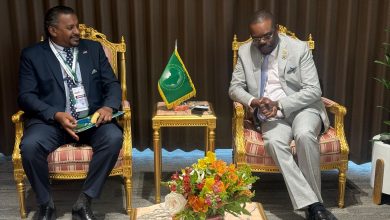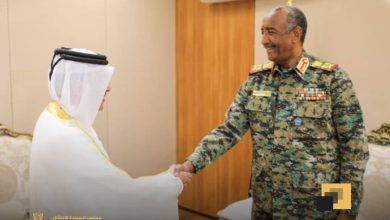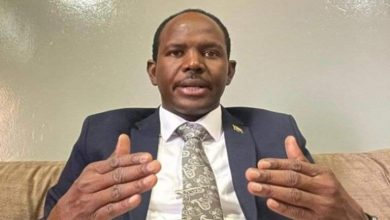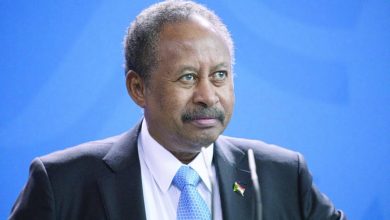InternationalNews
Georgia’s Crisis Deepens After Escalating Protests
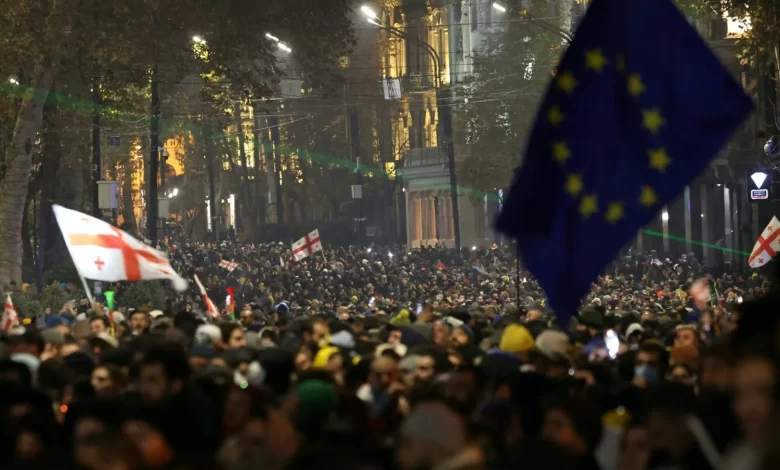
Georgian Prime Minister Irakli Kobakhidze praised the “control” of security forces on Sunday over the protesters, accusing them of acting under foreign orders to destabilize the state, amid U.S. condemnation and an open challenge from the Georgian president. The crisis in Georgia, a country of 3.8 million people located between Europe and Asia, began when the ruling Georgian Dream party announced on Thursday that it would suspend EU membership talks for the next four years. The European Union and the U.S. have expressed concern over what they see as Georgia’s shift away from a pro-Western path and back into Russia’s sphere, according to Reuters. Large anti-government protests erupted in the capital, Tbilisi, over the past three nights, with police using water cannons and tear gas to disperse crowds.
Russian Concern Over a “Revolution”
Russian Security Council Deputy Chairman Dmitry Medvedev warned on Sunday of an attempted revolution in Georgia. The former Russian president wrote on Telegram that Georgia was “moving rapidly toward Ukraine, into the dark abyss, and this usually ends very badly.” Georgian Prime Minister Kobakhidze rejected the U.S. criticism, which condemned the “excessive use of force” against protesters. In a press conference, he spoke of “foreign involvement” without providing evidence. He stated, “Despite the severe violence used by violent groups and their foreign trainers, the police acted at a higher level than their American and European counterparts and succeeded in protecting the state from another attempt to violate the constitutional order.” Kobakhidze dismissed the U.S. decision to suspend its strategic partnership with Georgia as a “temporary event,” adding that Georgia would engage with the new administration of elected President Donald Trump when he assumes office in January.
The constitutional crisis deepened when outgoing President Salome Zurabishvili, a critic of the government and supporter of Georgia’s EU accession, said on Saturday that she would refuse to step down when her term ends later this month. She stated that she would remain in office because the newly elected parliament, which the opposition claims was rigged, was illegitimate and lacked the authority to appoint her successor.
European Warning
New European Union foreign policy chief, Josep Borrell, on Sunday warned Georgian authorities against using violence against protesters who are opposing the government’s decision to delay EU membership efforts. Borrell told reporters in Kyiv, “It is clear that the use of violence against peaceful protesters is unacceptable, and the Georgian government must respect the will of the Georgian people… regarding the EU, this has clear consequences for our relations with Georgia.” Borrell, who began his tenure by visiting Ukraine, added that “options” were on the table for the EU’s 27 member states on how to respond, including the possibility of sanctions. “We have different options. But of course, an agreement must be reached.”
Thousands gathered in Tbilisi on Saturday for the third night of protests, during which dozens were detained. Amid the chaos, police chased protesters through the streets of central Tbilisi, beating them, and arrested several. Masked riot police fired rubber bullets, tear gas, and water cannons to disperse the protesters, who threw firecrackers at them, while flames were seen rising from the window of the parliament building, according to AFP. Protesters set up barriers on the main avenue in Tbilisi.
